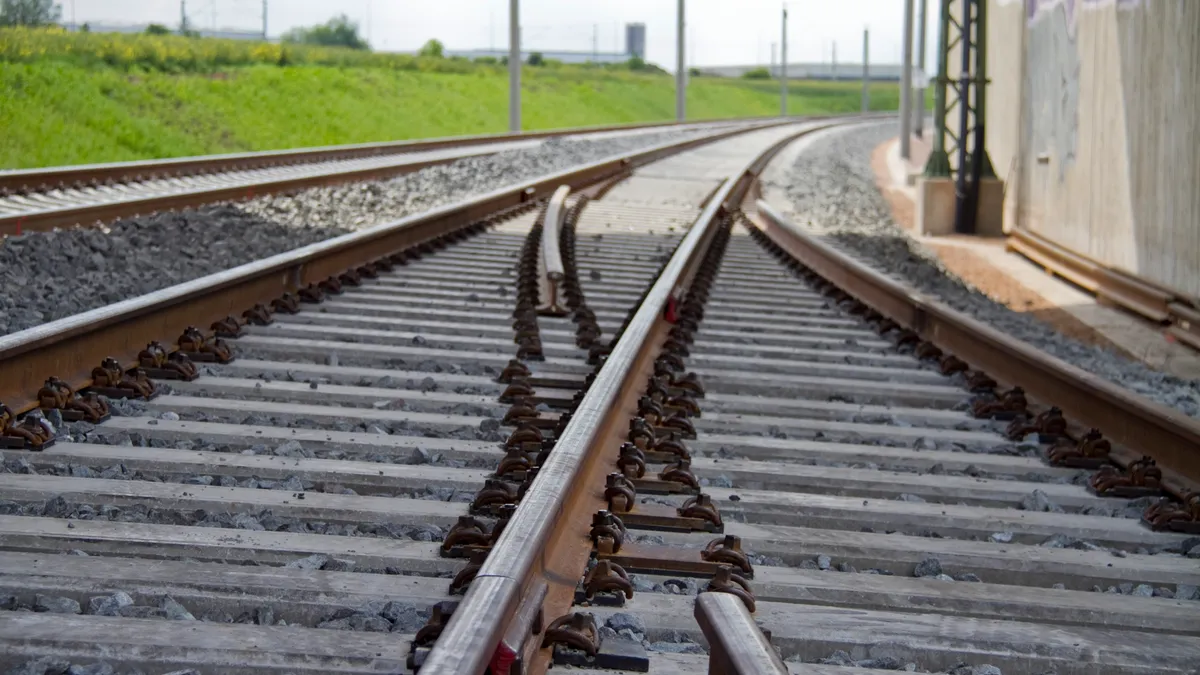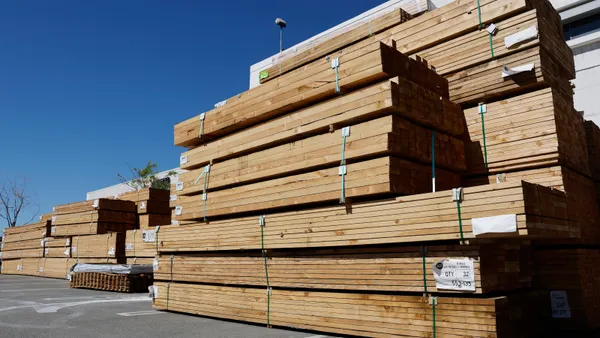Dive Brief:
-
Canada's new infrastructure bank could help pay for a regional high-speed rail system that would reduce travel time between Seattle and Vancouver, British Columbia, to less than an hour, according to The Spokesman-Review.
-
Washington Gov. Jay Inslee has been in talks with Canadian officials about tapping the bank to help pay for the estimated $30 billion line connecting Vancouver and Portland, OR, according to Engineering News-Record. Seattle advocates of the plan say the high-speed rail would ease traffic congestion and alleviate the housing crisis by allowing those working in the city to live farther away.
-
A $350,000 CH2M Hill–led feasibility study to be released later this year will evaluate its economics, projected demand, financing possibilities and how the project could be integrated with existing highways and railroad rights of way.
Dive Insight:
In February, Inslee allocated $1 million for the feasibility study as part of Washington's 2017–2019 budget, but that amount was slashed to $300,000, with private industry picking up the balance of $50,000. According to CBC News, the study would also consider proposed station sites, the environmental impact of construction and operation, rail technology and the project's overall potential for success.
At the time of the study's announcement, Washington State Transportation Center Director Mark Hallenbeck told CBC News that acquiring the land for such an initiative would be a challenge. Additionally, the country's car culture and limited domestic manufacturing operations have been a drag on progress. Project advocates are hopeful that traffic congestion and difficulty accessing affordable housing will help build support for the project, which they say offers solutions.
Washington state is not alone.
The planned $12 billion, 240-mile high-speed rail between Houston and Dallas has seen landowner pushback along its proposed route, and state lawmakers tried, unsuccessfully, to push through legislation earlier this year that would have delayed or even killed the project. For now, it is moving ahead.
Texas Central Partners, which will privately fund the rail line, announced this week that it has hired Fluor Enterprises and Lane Construction Corp. to perform work as part of the rail's pre-construction planning, scheduling, cost estimating and procurement. The two will also provide design and engineering services and together are the preferred design–build contractor.












